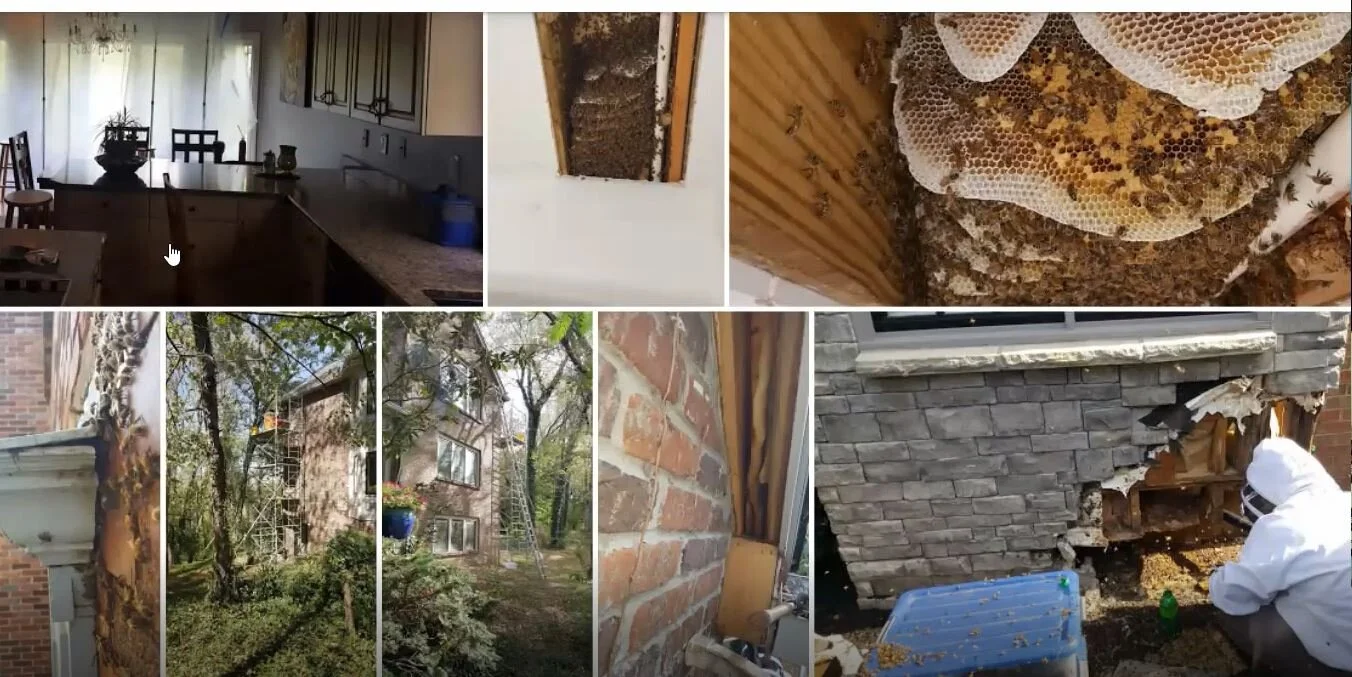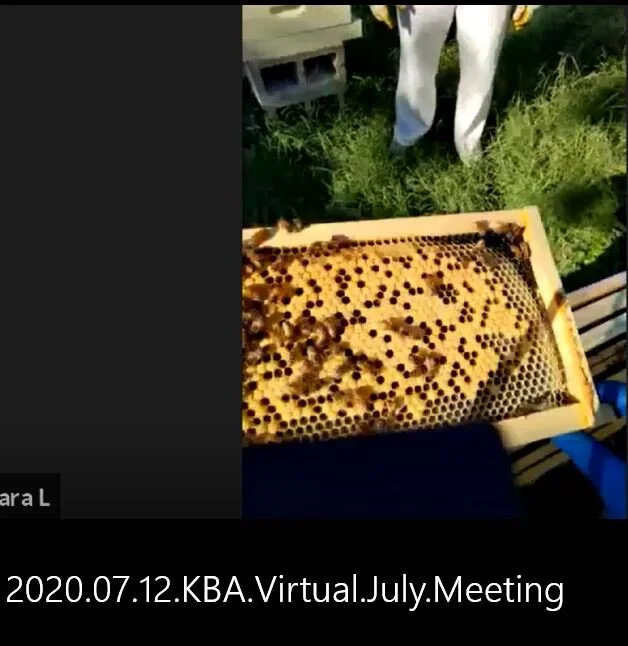Claude Nutt, experienced beekeeper, went over late Winter and early Spring management of your honeybees with the club.
Read MoreWe had a good session with Leonard Davis on Beekeeping 101.
Read MoreWe met with Mike Hofelich and he walked us through how he does cut-outs for customers who have the unfortunate circumstances of bees making hives in their homes.
Read MoreWe went to our KBA club hives and did a hive inspection on them to show you the basics of how to perform a hive inspection.
Read MoreIn May and June you and the bees are rewarded, or disappointed, by how well you prepared for the honey flow. You may also be busy keeping up with your bees. Serious beekeepers do not take long vacations in May.
Read MoreI am happy to share that even though we were not able to hold a field day, we did compile a video for you on OTS queen rearing so that you can follow along on how to do splits on your hives to prevent swarming, increase your bee population, reduce mites, and/or run for honey!
Read MoreBy April, the bees have made it over the hump. The problems they faced in March have not completely disappeared, but a healthy hive needs only a little nurturing now. Brood rearing should really increase through this month. If it does not, your hive has serious problems. As the warmer weather comes, look for many bees returning with pollen loads. The stronger hives will have a significant amount of drone brood in preparation for the mating season.
Read MoreBeekeeping is addictive. Bee fever is contagious. I have known so many budding beekeepers who jump into this hobby with little planning or consideration because of the craft’s ability to capture its practitioners. There is a lot more to beekeeping than simply having a hive of bees from which you can harvest honey any time you want. One must have skill, knowledge, persistence, and a little luck to succeed at this craft.
Read MoreWe met for a field day at Hope Community Farms in the Iroquois neighborhood and went over hive inspections.
Read MoreSwarms were installed on the KBA hives at the Louisville Nature Center.
Read More











